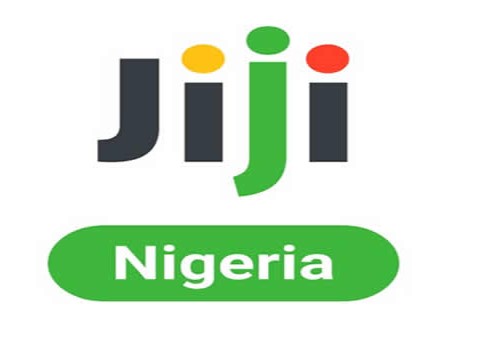
African e-commerce giant Jiji is taking a bold step beyond its home continent, marking its first international expansion into Asia. The company has set its sights on Bangladesh, drawn by the country’s growing middle class and increasing mobile internet penetration. This strategic move underscores Jiji’s ambition to penetrate high-growth emerging markets outside Africa.
Bangladesh’s e-commerce industry is projected to soar to $13 billion by 2027, according to data from Payments and Commerce Market Intelligence (PCMI). With a digital-savvy population of 131 million internet users and a surging demand for online shopping, the South Asian market presents a promising opportunity for Jiji to scale beyond its existing 12 million monthly active users.
Currently operating in seven African nations—Ethiopia, Ghana, Kenya, Nigeria, Tanzania, Uganda, and Senegal—Jiji views Bangladesh as a natural progression for its expansion. The company’s proven ability to thrive in fast-growing economies has positioned it as a formidable player in the e-commerce space.
“Our robust financial standing and scalable business model have helped us establish a profitable leadership position in Africa’s e-commerce sector,” a Jiji spokesperson stated. “We are confident that Bangladesh offers similar growth prospects, and we are eager to contribute to the expansion of its digital marketplace.”
Bangladesh’s favorable government policies further enhance its appeal as an emerging e-commerce hub. The Information and Communication Technology (ICT) Act of 2006, which provides a legal framework for online transactions and cybersecurity, has facilitated digital commerce. Additionally, national ICT policies designed to bolster the digital economy have fostered an environment conducive to e-commerce growth.
As of 2024, 79% of Bangladeshi consumers reported shopping online, with 47% expressing confidence in digital payment platforms, according to a PCMI survey. These trends, combined with a rising middle class, create fertile ground for Jiji’s expansion.
Jiji’s entry into Bangladesh places it in direct competition with well-established players such as Daraz, Bikroy, and Ajkerdeal, each boasting strong brand recognition and consumer trust. To replicate its African success, Jiji will need to differentiate itself through localized offerings, strategic partnerships, and tailored marketing strategies.
Since its founding in 2014, Jiji has demonstrated a keen ability to adapt to market dynamics. It initially gained traction in Nigeria’s competitive e-commerce landscape by offering free listings to first-time users and collaborating with phone manufacturers to pre-install its app on budget-friendly smartphones. In 2016, Jiji further expanded its reach through a strategic partnership with Airtel, enabling users to access its platform without data charges.
In 2019, the company raised $21 million in funding and acquired OLX Africa, taking over operations in Nigeria, Kenya, Ghana, Uganda, and Tanzania—extending its reach to a potential audience of 300 million people. Further strengthening its market position, Jiji acquired Cars45 in 2021, a platform specializing in buying, selling, and trading used cars across Nigeria, Kenya, and Ghana. In 2022, it also acquired Tonaton, its primary competitor in Ghana.
Jiji’s expansion strategy in Africa has proven highly effective, and the company now aims to replicate this success in Asia. With its strong track record in emerging markets and a commitment to innovation, Jiji is set to make a significant impact on Bangladesh’s thriving e-commerce landscape.


